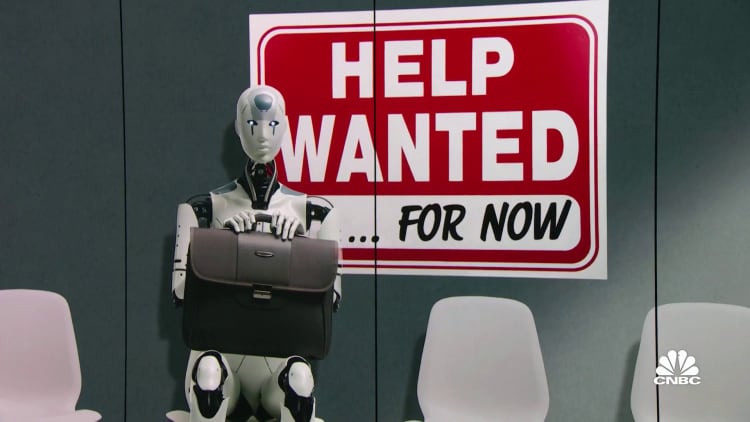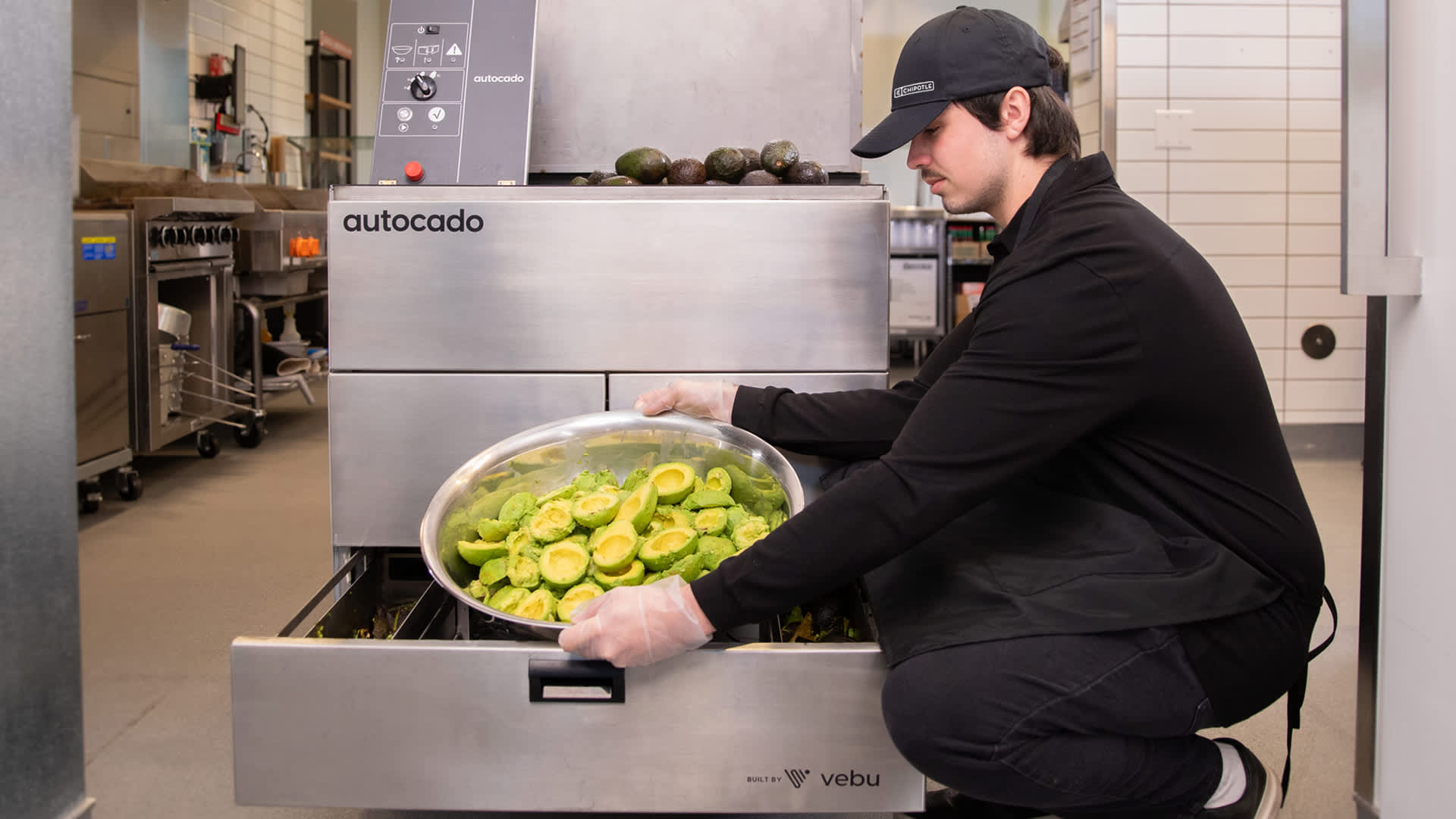
Automation is expected to eliminate certain jobs in the future, but as more companies embrace robots in various industries, there is a growing opportunity for workers to contribute to the development and implementation of this technology.
According to the World Economic Forum’s Future of Jobs Report for 2023, both humanoid and nonhumanoid robots are projected to have varying effects on employment, with some companies expecting growth, some anticipating worker displacement, and others predicting a neutral effect. The sectors most likely to adopt robotics include electronics, energy tech and utilities, and consumer goods.
The impact of automation will differ across industries. For instance, 60% of companies in the consumer goods production and oil and gas industries anticipate job losses due to automation, while 60% of information and technology services companies expect job creation through the use of robots in the next five years.
Robots in the lab at the Rosenstiel Campus in Miami.
Jose A. Iglesias | Tribune News Service | Getty Images
Zipline, a robotics company based in San Francisco, is actively seeking employees to support its mission of adding at least 100 workers. The company specializes in designing, building, and operating autonomous delivery drones for a range of clients, including hospitals, governments, and major brands. Positions are available in areas such as electrical and mechanical engineering, coding, and security.
Zipline CEO Keller Rinaudo Cliffton stated, “Even in a world where many startups are downsizing, our market is significant and exciting enough for us to aggressively expand in the coming years.”
Automation offers benefits in terms of customer service, job opportunities, and environmental sustainability. Rinaudo Cliffton highlighted how technology increases the productivity of individuals, enabling them to perform multiple deliveries in a shorter time frame. Moreover, the Association for Advancing Automation emphasizes that automation can alleviate monotonous and hazardous tasks for workers, make companies more competitive, and address labor shortages.
Avocados sliced, cored and peeled by the Autocado robot created by Chipotle and Vebu Labs.
Source: Chipotle Mexican Grill
Automation is also making its way into the food service industry, with companies using robots to enhance productivity in restaurants. Vebu Labs, in partnership with Chipotle, has developed the Autocado, a robot that assists in preparing avocados for guacamole. Chipotle has also tested a chip-making robot called Chippy, created by Miso Robotics, to optimize kitchen operations.
Vebu Labs aims to hire over 40 workers in the United States, offering opportunities in engineering, accounting, and fabrication. Buck Jordan, CEO of Vebu, recognizes the pressing need for labor in the restaurant industry and believes that automation can help address this shortage.
However, while robots and automation provide solutions for labor-related challenges in various sectors, there is also a shortage of skilled workers in the robotics industry. The president of the Association for Advancing Automation, Jeff Burnstein, highlights the importance of providing training and education for individuals to effectively use and build robots. He emphasizes that technical expertise can be obtained through means other than traditional higher education.
— CNBC’s Kasey O’Brien contributed to this report.
Denial of responsibility! VigourTimes is an automatic aggregator of Global media. In each content, the hyperlink to the primary source is specified. All trademarks belong to their rightful owners, and all materials to their authors. For any complaint, please reach us at – [email protected]. We will take necessary action within 24 hours.


